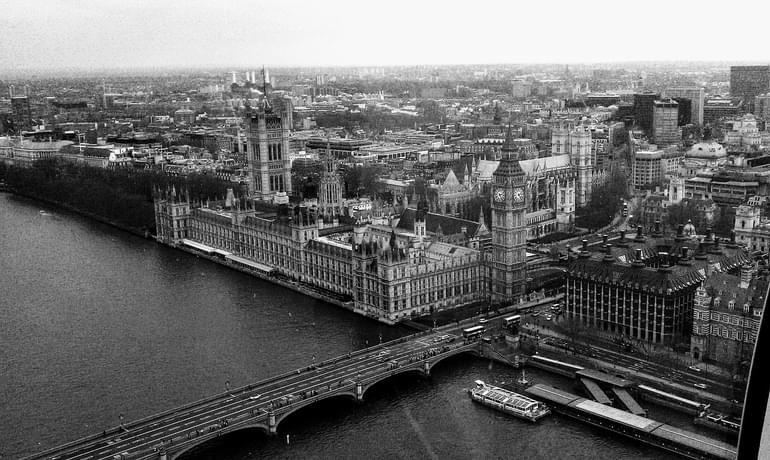
PDF 97.66KB
This page provides updated information on the latest changes to legislation, including statutory notices and guidance from the Lord Chancellor

In Wales, the moratorium on forfeiture of a commercial lease for non-payment of rent has been extended for a further six months and is now due to end on 24th September 2022. This extension only applies to forfeiture of lease.
The moratorium on forfeiture of lease and CRAR (commercial rent arrears recovery) ended in England on 25th March 2022.
On 16th June 2021, the Government announced that the moratorium on the forfeiture of a commercial lease and CRAR (commercial rent arrears recovery) is extended until 25th March 2022. The total number of days’ outstanding rent required for CRAR will remain at 554 days.
The Government also plans legislation to support the orderly resolution of such debts, which will include a backstop: when negotiation is not successful, both parties will be required to undertake compulsory arbitration.
The Government stated today that tenants should start to pay rent either in accordance with their lease or with the arrangements they have agreed with their landlord.
The Welsh Assembly has reviewed the Public Health (Protection from Eviction) (No.2) (Wales) (Coronavirus) Regulations 2021, and has decided that the moratorium on residential evictions in Wales should remain in place for the time being.
The Welsh regulations end on 30th June 2021 and are subject to review every three weeks, with the next review on 3rd June 2021.
View the Government press release
The moratorium on enforcement agent enforced residential evictions during lockdown in England will end on 31st May. Courts will continue to prioritise the most serious cases.Our enforcement agents will not be carrying out an eviction where we have been made aware that anyone living in the property has COVID-19 symptoms or is self-isolating.
View the Government press release of 10th March.
View the statutory Instrument March 2021
On 10th March 2021, the moratorium on residential evictions, which had been due to end on 31st March, was extended to at least 31st May 2021.
During that period, enforcement agents may not carry out residential evictions or serve notice of eviction unless the order for possession is made:
“Substantial arrears” has been defined as arrears equating to six months’ rent arrears in England only. This exclusion does not apply in Wales.
In all cases the order should state that the court is satisfied that an exemption applies.
View the Government press release of 10th March.
View the statutory instrument March 2021
On 10th March, the Government announced that the moratorium on commercial landlord remedies will be extended to 30th June 2021.
This is despite having stated in December 2020 that the extension to 31st March 2021 would be the final extension of the moratorium.
This moratorium covers:
Enforcement visits are permitted during the national lockdown, provided that enforcement agents adhere to the Covid-secure guidance.
Regulation 3 in this statutory instrument states that they may not enter residential premises to take control of goods.
Regulation 3 expires at the end of the national lockdown that started on 5th November.
You can read the full guidance here. This clarifies how exemptions are identified.
In order for an eviction to proceed, the court must be satisfied that an exemption applies. One of the processes outlined below must be followed in all cases.
If you need any further information or would like to discuss a case, please get in touch.
Contact us